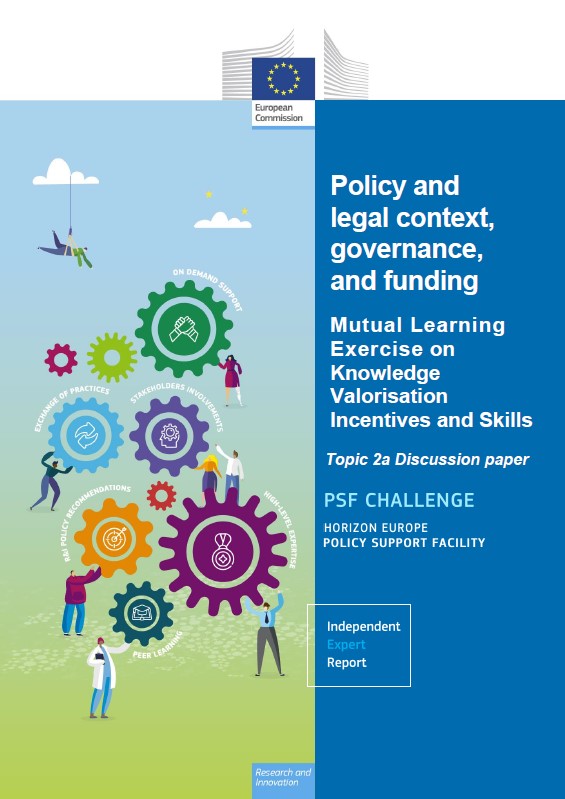
The Discussion Paper explores the policy and legal landscape for fostering knowledge valorisation in R&I. It focusses on the key national support mechanisms, such as funding, regulations, and soft instruments, highlighting the importance of a collaborative ecosystem for maximizing research impact.
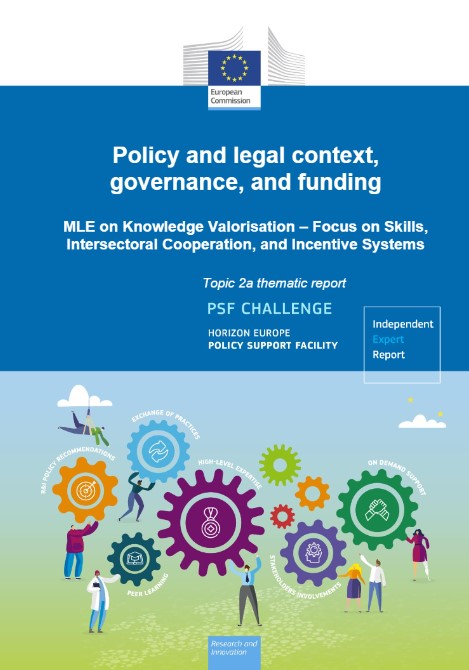
The Thematic Report focus on the lessons learned from discussions of the MLE on knowledge valorisation on policy and legal context, governance, and funding. The report highlights the critical importance of aligning a long-term strategic vision and goals with supporting tools for knowledge valorisation, including financial schemes, regulatory frameworks, and soft instruments.

The report focusses on the insights gained from the Topic 4 MLE meeting held in Helsinki, concentrating on multi-stakeholder networks and processes for knowledge valorisation. The report highlights the need for fostering multi-stakeholder networks to address regional, national, and European interests and discusses the important role of the public sector/authorities in building and maintaining those networks.
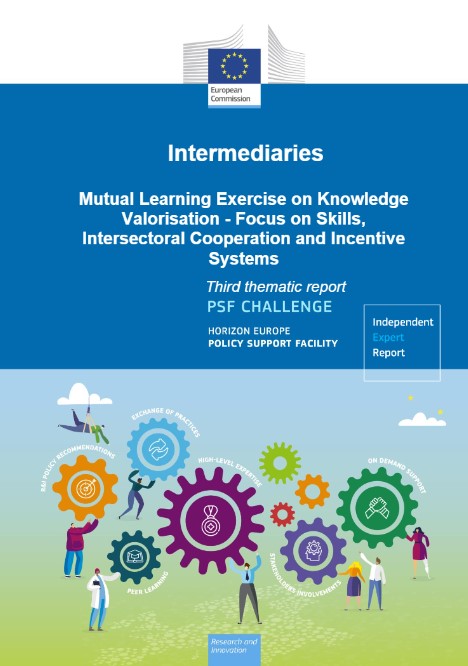
This report outlines knowledge valorisation intermediaries, explaining their role in open ecosystems and multi-actor perspectives. It explores the intermediary organisations as key players in knowledge valorisation, surveys existing intermediaries, describes new approaches and models used by both traditional and innovative intermediaries, and examines major policy implementation challenges.
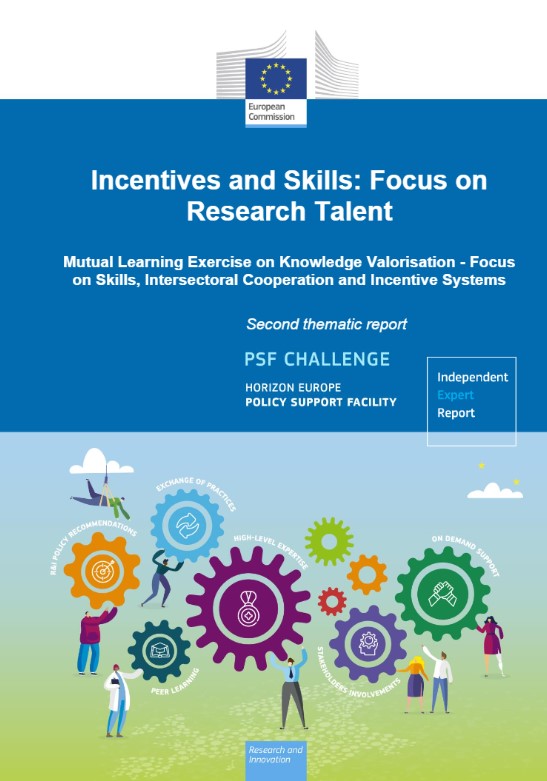
The Thematic report focuses on the lesson learned from the Topic 2b meeting in Vienna on research talents, capacity building and intersectoral mobility for knowledge valorisation. The report highlights the need for fostering intersectoral mobility to bolster innovation in Europe.
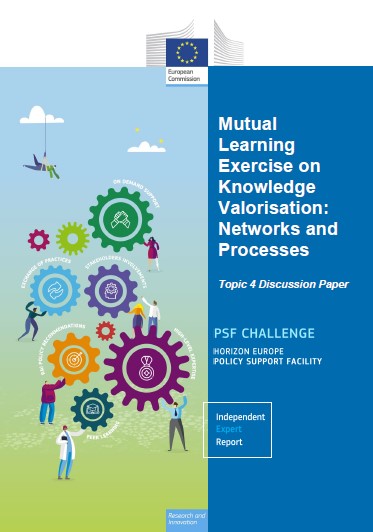
Knowledge networks connect people and organizations to share, create, and value knowledge. They can grow from local communities to national ecosystems.
This Discussion Paper explores how knowledge networks can create more disruptive innovation and bridge knowledge gaps. It also examines the processes and conditions that facilitate knowledge sharing and creation in networks.
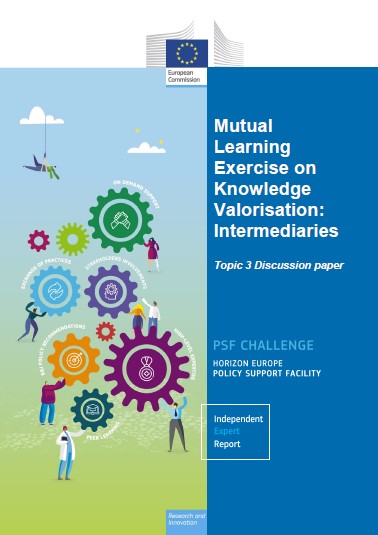
The Discussion Paper focuses on knowledge valorisation intermediaries. The document summarises the rationale behind the role given to knowledge valorisation intermediaries in an open ecosystem, maps and analyses the landscape of established intermediaries, identifies the main policy challenges, and characterises new approaches and models adopted by conventional and novel intermediaries.
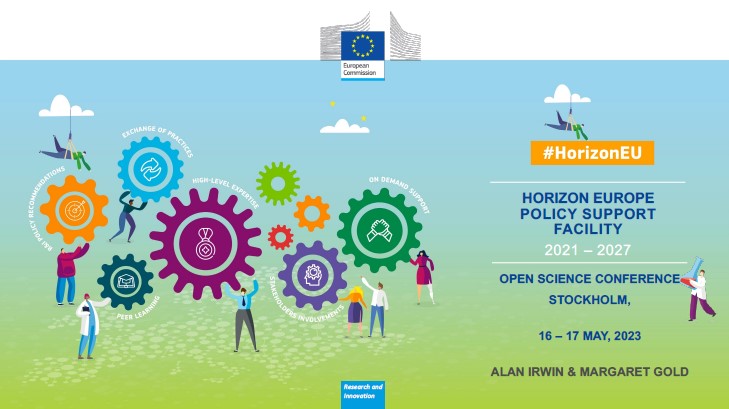
This presentation includes all the slides presented by Alan Irwin and Margaret Gold at the dissemination event of the MLE Citizen Science in Stockholm on 16-17th May 2023.

The Discussion Paper focuses on the cross-cutting topic “Intellectual Assets Management” within the framework of the Mutual Learning Exercise on Knowledge Valorisation (Focus on skills, intersectoral cooperation and incentive systems). The document sets the scene for interactive discussions and the ongoing exchange of knowledge and best practices defining the potential new actions and tools how to strategically approach knowledge valorisation and managing “intellectual assets” in the context of the new wider paradigm.
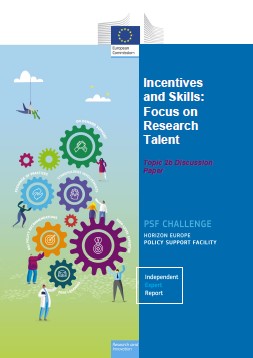
The Discussion Paper focuses on the research talents, capacity building and intersectoral mobility for knowledge valorisation. The Paper stresses the importance of recognising the incentives for researchers, necessary training for demand driven skills development and the challenges and recommendations to promote academia business cooperation, bi-directional intersectoral mobility.
